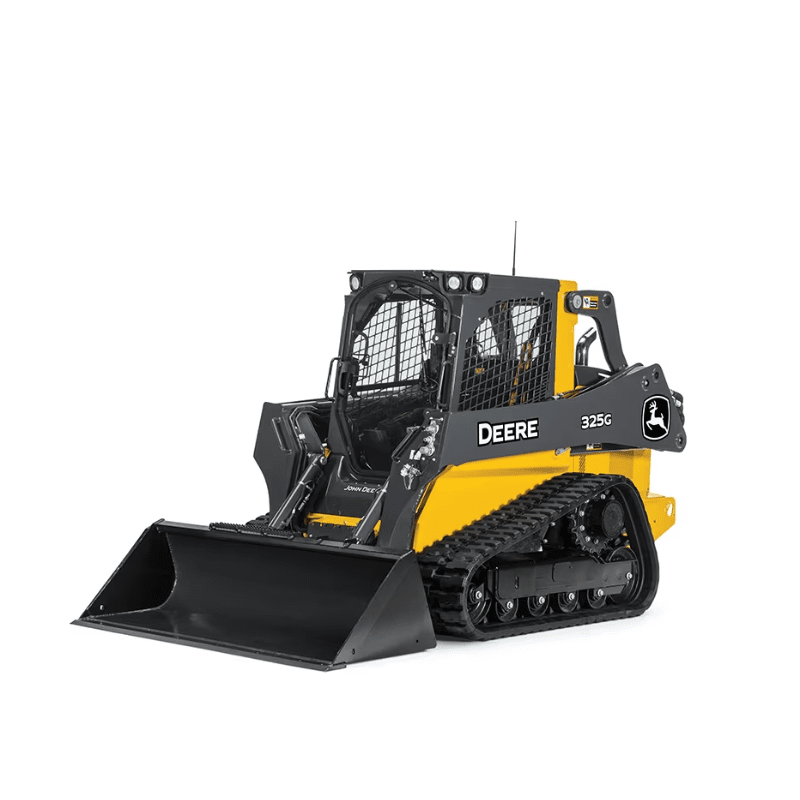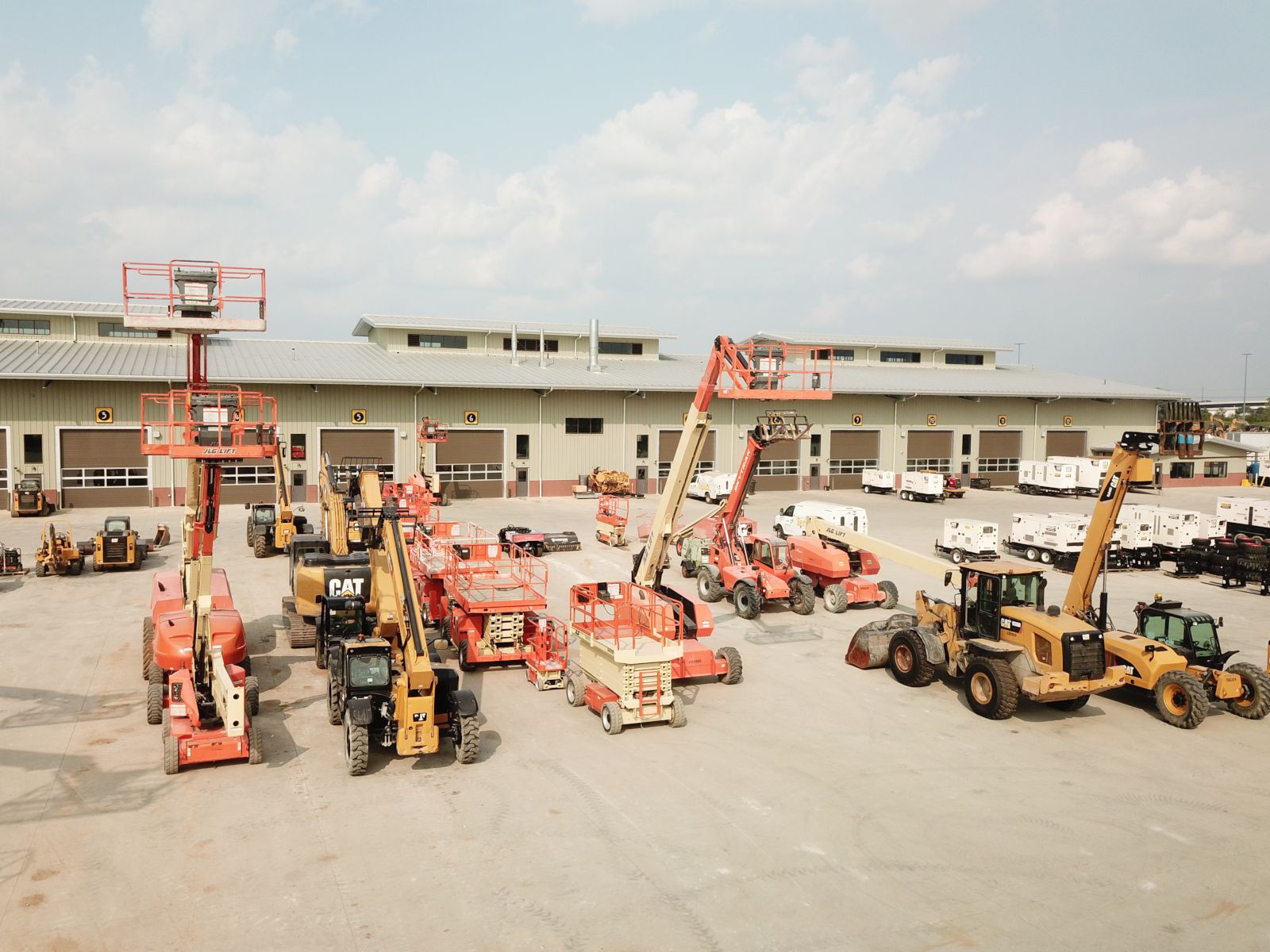Scissor Lift Rental: Safe and Reliable Lifting Solutions
Scissor Lift Rental: Safe and Reliable Lifting Solutions
Blog Article
Optimize Your Budget by Comprehending the Expenses Connected With Building And Construction Tools Rentals
Recognizing the full extent of costs connected with building devices leasings is important for maximizing your spending plan. While the initial rental cost might appear simple, various added expenses-- such as transport, fuel additional charges, and maintenance-- can rapidly accumulate, affecting your financial preparation. Being aware of different charges and the details of rental arrangements can help prevent unexpected economic problems. What techniques can be employed to properly handle these costs and ensure a much more efficient rental experience?
Introduction of Rental Expenses
When thinking about construction equipment services, understanding the associated expenses is extremely important for effective budgeting and project preparation. Rental expenses can differ dramatically based upon several elements, including equipment kind, period of rental, and location. The preliminary rental charge typically shows the tools's market need and its linked functional capabilities, influencing the general expenditure.
Along with the base rental rate, ancillary expenses might develop, such as transportation fees, gas surcharges, and upkeep costs. It is vital to represent these added expenditures to precisely evaluate the complete price of leasing devices. The rental duration can impact pricing; longer services might certify for discounted prices, while short-term rentals may incur higher everyday fees.

Break Down of Rental Prices
A detailed understanding of rental prices is essential for professionals and task managers aiming to maximize their spending plans. Rental rates for construction devices normally contain numerous elements, including base rates, time-based charges, and use fees.
Base rates are the core fees connected with the service of the devices, frequently determined by the type and dimension of the machinery. These rates can differ significantly, influenced by factors such as tools demand, availability, and regional market trends. Time-based costs, which might be daily, weekly, or monthly, offer to fit different job timelines and rental durations.
Additionally, rental prices may include use costs, which apply when equipment is made use of past a defined limit, making certain that the rental business can make up damage. Seasonal need fluctuations can also influence rental rates, with peak building and construction periods commonly regulating higher costs.
Furthermore, comprehending the rental firm's plans relating to maintenance and insurance can offer further insight into the general price structure. By analyzing these parts, professionals can make enlightened choices, making sure the selection of rental devices aligns with both job needs and spending plan constraints.
Added Costs to Take Into Consideration
Understanding the ins and outs of extra fees is critical for contractors to handle their overall leasing expenses properly. Past the standard rental rates, various additional charges can considerably influence the complete expense of devices service. These charges typically include distribution and pick-up charges, which can differ based upon distance and logistics entailed in moving the tools to and from the job website.
In addition, some rental business might enforce gas surcharges if the tools is returned with less fuel than when leased. It is additionally vital to be mindful of prospective cleaning charges, specifically for specific equipment that needs thorough maintenance after use.

Extensively assessing the rental agreement and clarifying these extra charges upfront can assist specialists stay clear of unexpected costs and guarantee that budget plans remain undamaged throughout the project lifecycle.
Upkeep and Fixing Costs
Regular repair and maintenance expenditures are often overlooked variables that can dramatically influence the total price of building equipment leasings. When leasing tools, it is crucial to consider not only the rental fees but additionally the prospective prices associated with keeping the machinery in ideal operating condition.
Lots of rental companies consist of fundamental upkeep as part of the rental agreement; nevertheless, a lot more unexpected break downs or comprehensive fixings can lead to added costs. It's necessary to assess the rental agreement used dozers for sale by owner thoroughly to recognize what maintenance solutions are covered and what duties drop on the tenant.
Additionally, tools that is not properly maintained can bring about inefficiencies on the task site, possibly triggering hold-ups and raising job prices. To mitigate these dangers, it is a good idea to conduct normal visit this site assessments and keep open communication with the rental provider relating to any kind of concerns that arise during use.
Insurance and Liability Costs
Insurance coverage and liability costs are essential parts that can considerably impact the general cost of building tools leasings (dozer rental). These prices ensure that both the rental firm and the customer are secured from prospective economic losses emerging from accidents, damages, or burglary during the rental duration

Furthermore, customers ought to recognize any kind of deductibles or exclusions in the insurance plan, as these can impact possible out-of-pocket expenditures. Understanding the terms of any kind of insurance policy coverage is important to prevent unforeseen expenses. Eventually, budgeting for insurance policy and liability costs can assist make certain a smoother rental experience and protect versus monetary threats related to building and construction jobs.
Verdict
In conclusion, a detailed understanding of the prices associated with building and construction tools rentals is crucial for reliable budget monitoring. Ultimately, notified decision-making regarding tools services contributes to the overall success of building undertakings.
Rental costs can Read More Here vary considerably based on numerous variables, consisting of equipment type, period of rental, and place (boom lift rental). The rental duration can influence prices; longer leasings might qualify for reduced prices, while temporary services might incur greater everyday costs
By carrying out detailed research and engaging with reputable rental business, professionals can successfully browse the intricacies of rental pricing, ultimately maximizing their economic sources.
Beyond the standard rental prices, numerous supplemental charges can substantially influence the complete cost of equipment leasing. Rental business typically offer liability insurance policy that covers injuries to 3rd parties or damages to residential or commercial property, while equipment damages insurance can cover the cost of repairs or replacement if the rented out tools is harmed.
Report this page